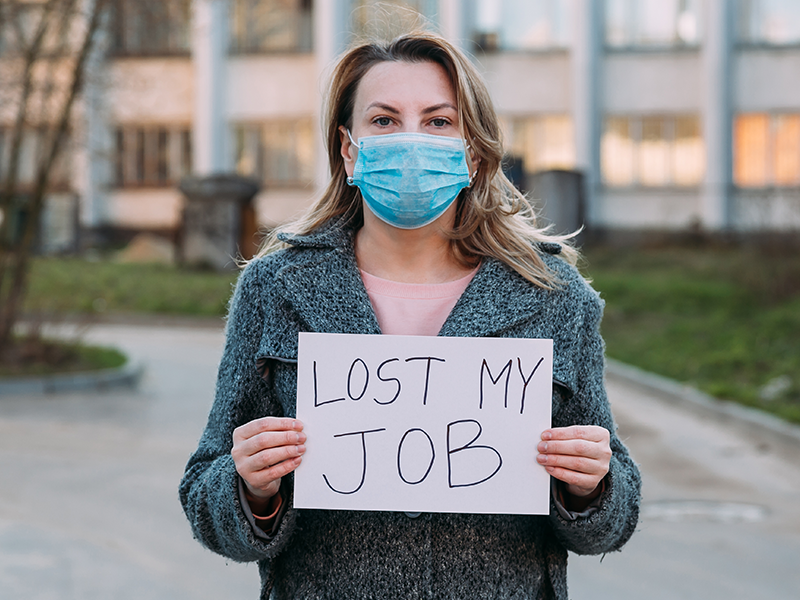
A lighter government touch would have saved more Minnesota jobs during pandemic | Center Square

A lighter government touch would have saved more Minnesota jobs during pandemic | Center Square
Less economic interference from Minnesota state government could have saved jobs during the COVID-19 pandemic, new research from the Georgia Center for Opportunity (GCO) suggests.
The GCO measured the impact of each state’s actions on its respective economy in a 510-page study “Assessing Each State’s Response To The Pandemic: Understanding The Impact On Employment & Work.” The report compared the states’ government’s responses to the pandemic using the Abridged Oxford Stringency Index (AOSI) from the Coronavirus Government ResponseTracker of Oxford University’s Blavatnik School of Government. GCO created a Government Severity Index (GSI), which analyzed the impact of school closures (kindergarten through 12th grade), workplace closures, gathering restrictions, capacity limits and stay-at-home mandates.


